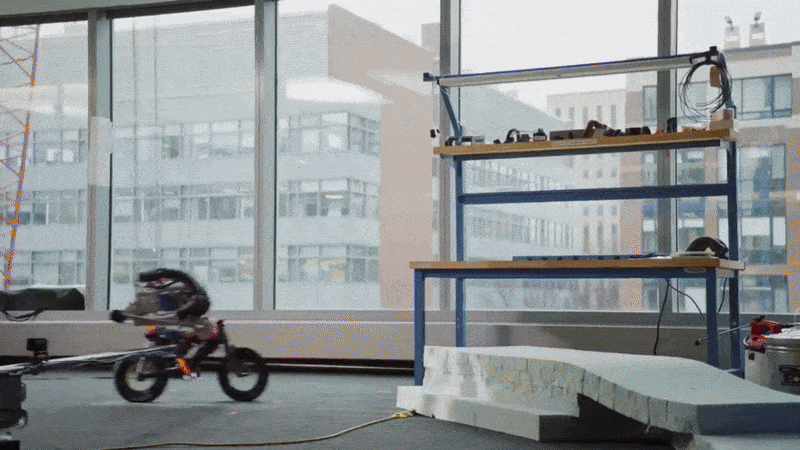Massive expansion plans announced by Apple, which plans to add thousands of jobs in Texas, and Google, which will add thousands of jobs in New York, dominated engineering job news during the last quarter of 2018. Their announcements followed Amazon’s decision to select two cities for its own expansion—in Virginia and New York.
But, according to a scan of hiring and firing notices for the final quarter of 2018, those giant tech firms weren’t the only ones deciding that the best place to add jobs was anywhere but at their home bases. The trend demonstrates how tough it can be to recruit for certain engineering specialties in a tight job market, and also reflects a recognition that geographic diversity, along with other workforce diversities, can help companies to compete.
Who’s hiring:
First, a quick recap of moves made by the proverbial elephants in the room:
Appleannounced that it will build a new tech campus in Austin, Texas, eventually employing 15,000 people. The company also said it will expand operations in Boulder, Colo.; Culver City, Calif.; New York, N.Y.; Pittsburgh, Pa.; San Diego, Calif; and Seattle, Wash.
Googleannounced that it will add 7,000 tech employees to its New York City office, doubling the size of that operation.
And of course these two announcements come in the wake of Amazon’slong-awaited decision to put its new R&D facility—or facilities, as it turns out—in Long Island City, N.Y., and Crystal City, Va. The company said it will add at least 12,500 tech workers among the 25,000 new hires at each location, for 25,000 tech jobs altogether.
But wait, there’s more.
Amazon said in December that it is also adding 600 jobs in machine learning, cloud computing, digital advertising, and AI to its Toronto tech hub. And while Amazon has looked beyond Seattle to expand, other tech companies are setting up satellite offices there.
Manufacturing robotics systems maker Bright Machinesannounced that it will expand beyond its San Francisco roots into Seattle. Its first hire is a senior vice president of software engineering; no word on how quickly that office will grow.
Real-estate technology firm Compass, based in New York, announced that it will hire 100 engineers for a product and engineering office in Seattle, and is looking for candidates with expertise in security, streaming, video processing, data science, and AI.
Salesforceunveiled plans to add 1,000 tech workers in Chicago, and will build a new tower to house them.
Uberannounced plans to add 500 tech workers to its product and engineering departments in Bengaluru and Hyderabad, India, including data scientists, machine learning experts, and product designers.
Lowe’s, the home-improvement chain, aims to hire some 2,000 software engineers for an unspecified location, charging them with developing custom software for the company, which now uses off-the-shelf tools.
Precision-agriculture company Solinftec, based in Brazil, announced that it will bring more than 300 tech jobs to West Lafayette, Indiana.
Startup Pendo, a company that provides tools to help software development teams analyze user behavior, indicated that it will add nearly 600 jobs in North Carolina.
Who’s firing:
It wasn’t all ho-ho-ho in the year-end tech job news, however. Hyperloop-style transportation startup Arriv, founded by a former SpaceX engineer in 2017, shut down, and all 30 employees were laid off.
And Qualcomm, which has been cutting tech jobs all year, announced another 269 cuts in December, mostly in the company’s data center chip development operations. Those laid off in San Diego, at least, may not have to look hard for another job; Apple is reportedly scooping up Qualcomm engineers as fast as it can.
Broadcom, which has also been steadily cutting tech workers, laid off another 119 employees in Silicon Valley in November.
Tekla S. Perry is a senior editor at IEEE Spectrum. Based in Palo Alto, Calif., she's been covering the people, companies, and technology that make Silicon Valley a special place for more than 40 years. An IEEE member, she holds a bachelor's degree in journalism from Michigan State University.



